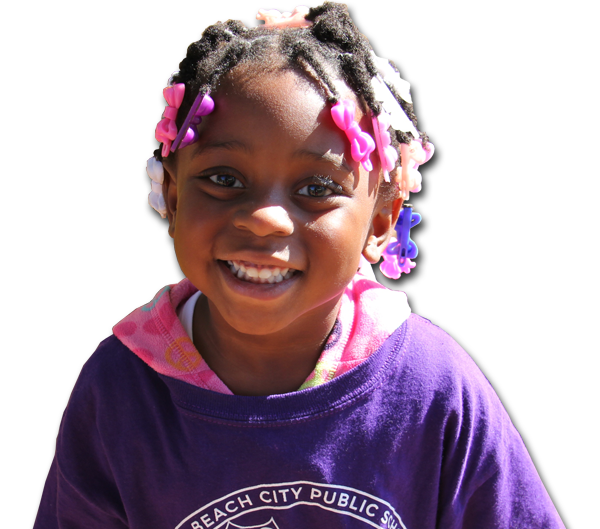
Virginia Beach City Public Schools and the City of Virginia Beach offer a variety of resources and services to help Virginia Beach children start strong and enter kindergarten ready to learn.

Virginia Beach City Public Schools and the City of Virginia Beach offer a variety of resources and services to help Virginia Beach children start strong and enter kindergarten ready to learn.
